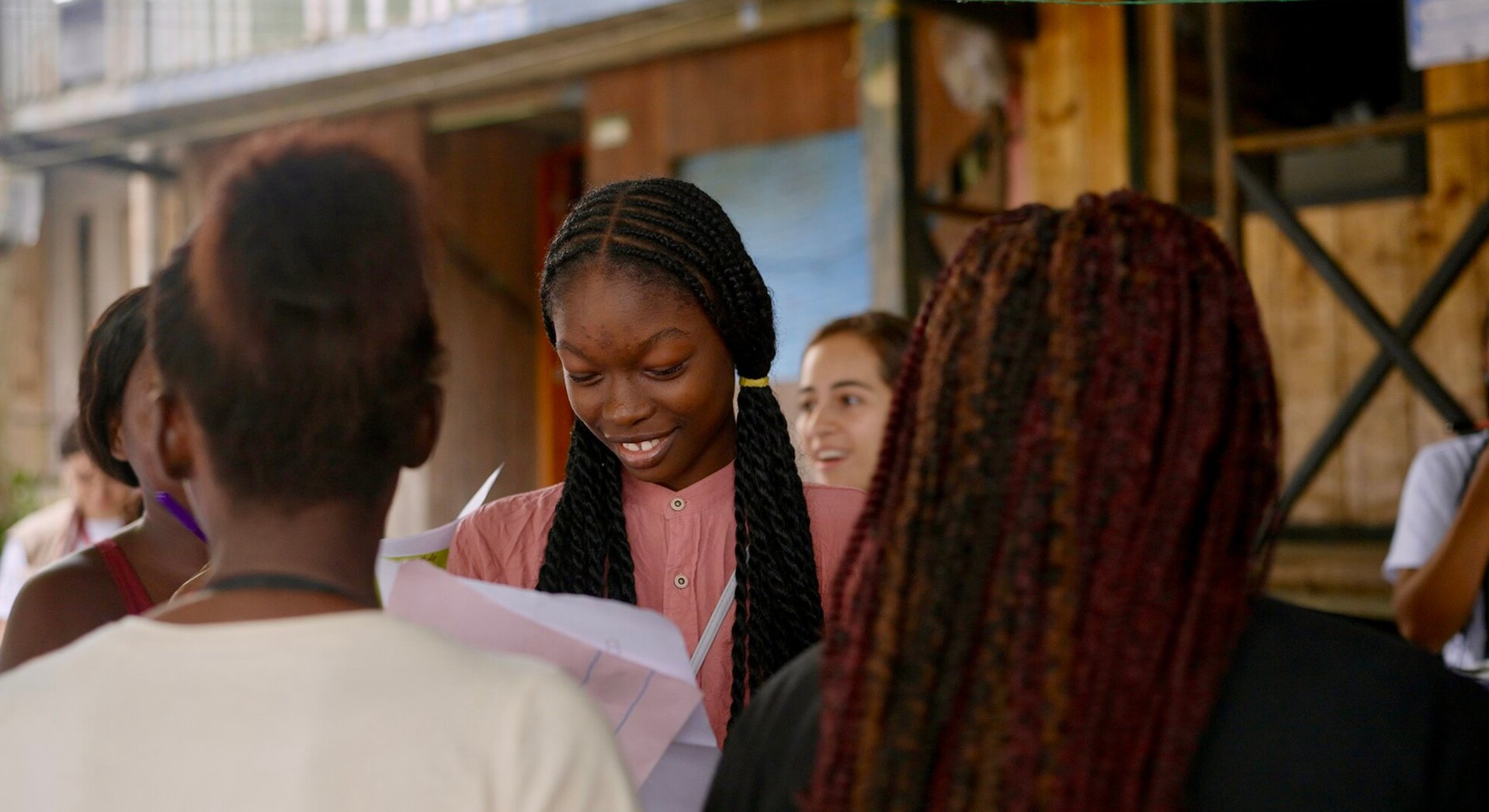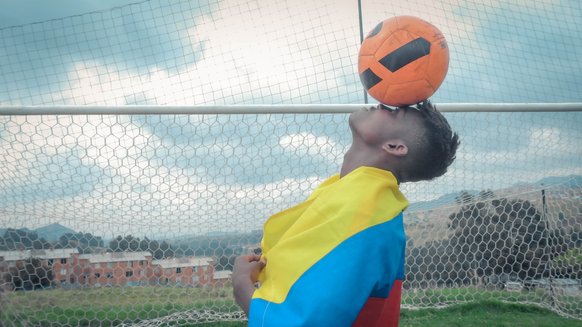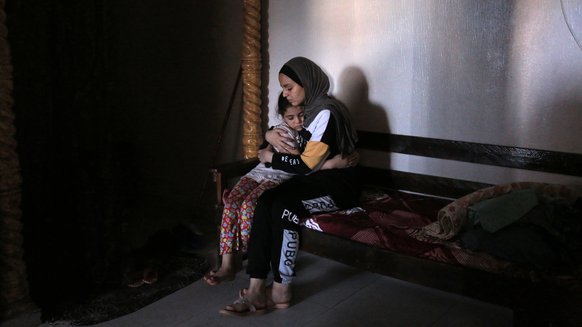Empowering Youth and Preserving Tradition in Colombia
Feb. 29, 2024
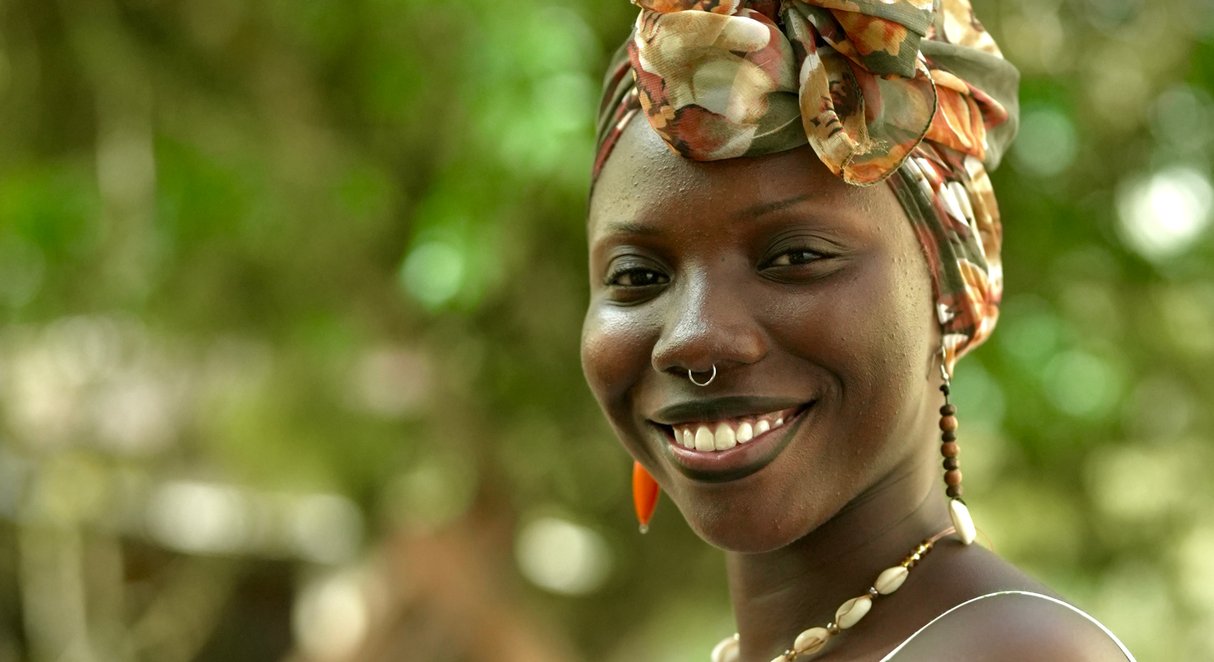
Peace talks in Colombia between the government of Gustavo Petro and representatives of the former FARC guerillas have resumed amid continuing sporadic violence. The fresh dialogue is critically important - UN figures show that some 3.1 million people across the country are currently in severe humanitarian need, affected by armed violence, forced displacement and climate instability.
Children and youth from afro-descendant and indigenous communities in the rural northwest are particularly at risk. Drug trafficking and illegal mining are widespread. The region is home to many violently contested smuggling routes. And prospects for children and youth are limited - particularly in the Choco region.
Youth challenges in Choco
“Young people here face many challenges” explains youth leader Cocco Kilele. “Structural racism creates many victims. Just one consequence of this racism is that youth here are not seen as normal youth but as agents of war - and that's it.”
The surrounding conflict manifests itself in every aspect of children’s lives - particularly at home. “There is violence within households,” Cocco explains. “People are victims of the violence outside and then they come home and replicate it there. Children then become nothing more than what the system expects.”
“What is expected of a child whose mother is a victim of domestic abuse? Or a child who doesn’t have access to education? All this makes children easy targets for armed groups. Eventually a child becomes involved with a gang and the violence escalates - to the point where this child could easily end up dead in the river.”
Community is key
War Child is working to support the local organisations that implement the project. Cocco notes that “War Child has been in the community a long time. This matters because there’s a lot of trust and knowledge - there’s no need to give [them] the context of everything; they know the community and why we are here.”
This is important because community is everything to Coco. “Calle Quibdó is home - and the core of my being,” she says. “This is where I am completely centred.”
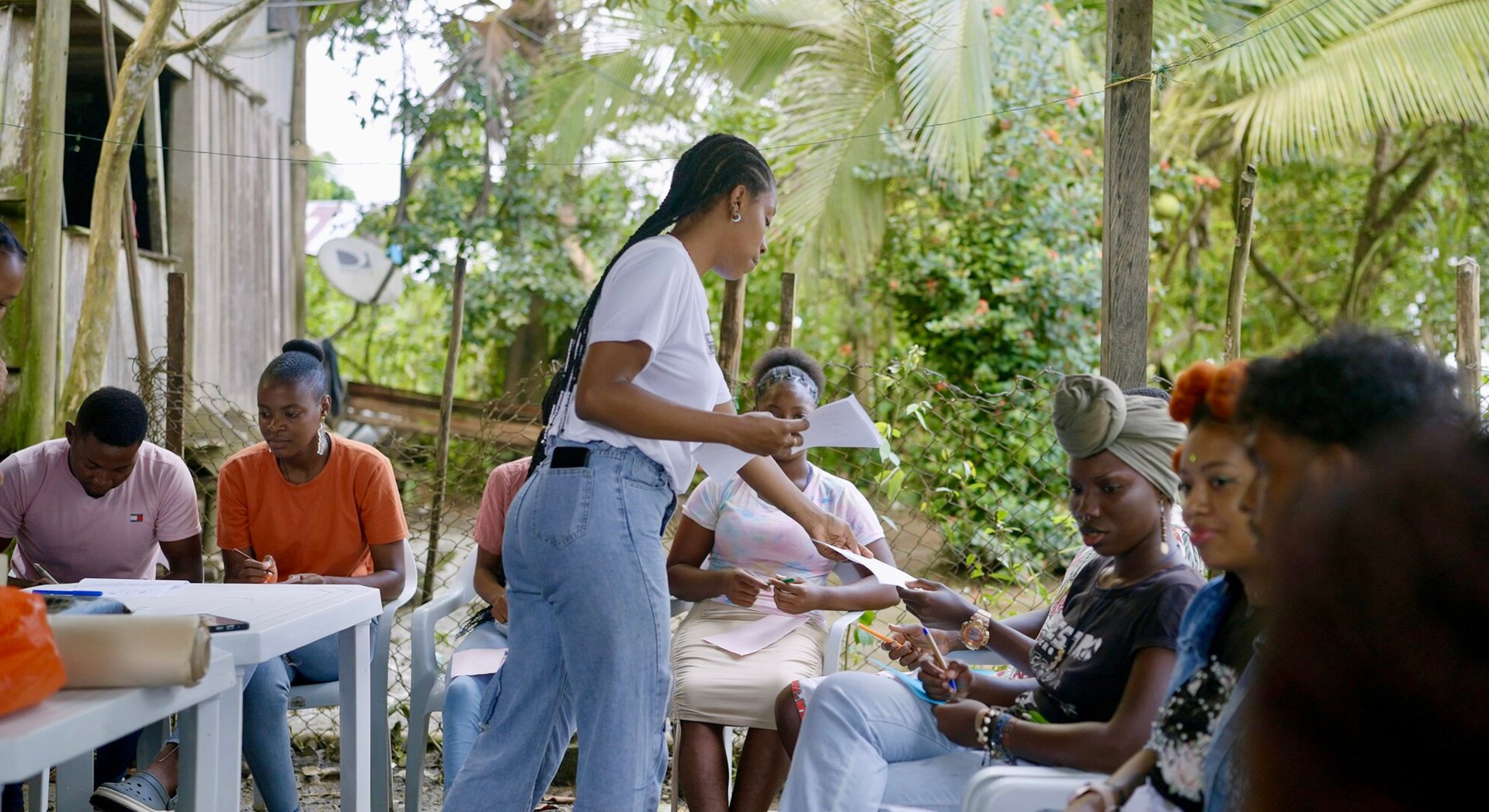
Cocco provides a platform for youth to have a say on the decisions that affect their lives
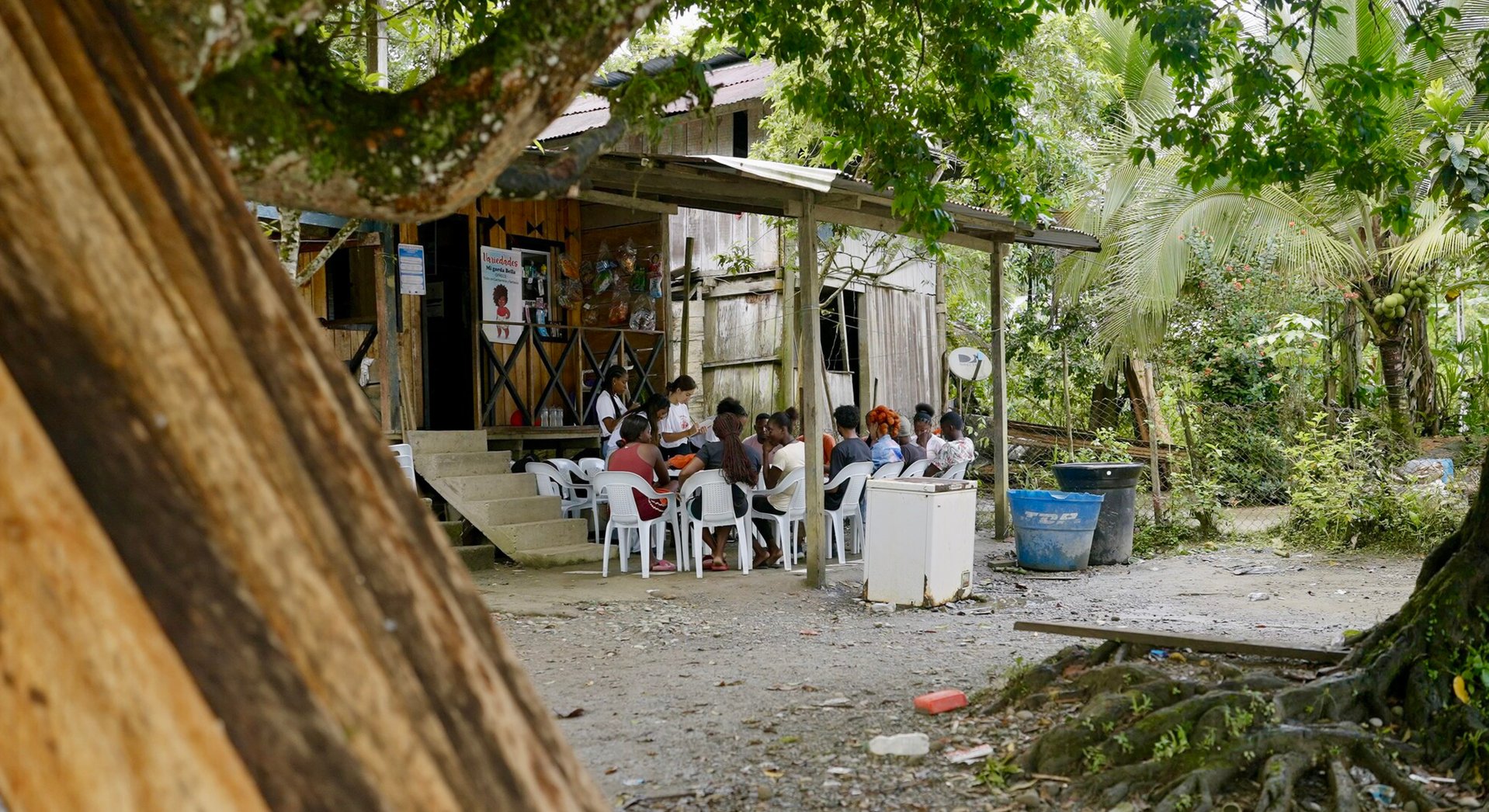
All part of War Child's peacebuilding project, Mae Kiwi
Photo: Michael Jessurun ©
Building Peace
Cocco supports local youth through her community work - continuing a rich local tradition. “Here we are all ‘Ubuntu’, which means community protectors,” Cocco explains. “Our community protects itself and its children, understanding that even if a boy is not my son or a relative, my house will always be a safe place for him too.”
Coco is working to build another place of safety through her participation in the Mae Kiwe Intercultural Project. The peacebuilding project is designed to create a safe environment where young people - particularly women - from Afro descendant and indigenous communities can take part in the decision-making processes that affect their lives.
The Mae Kiwe (‘Mother Earth’) project will see the construction of a house where youth can gather in safety. “We believe that a home represents a safe space for us,” Cocco says. “The architecture of Calle Quibdó consists of wooden houses and that is our goal, a large wooden house that is just for us.” The community house will be built upriver - far from armed groups.
